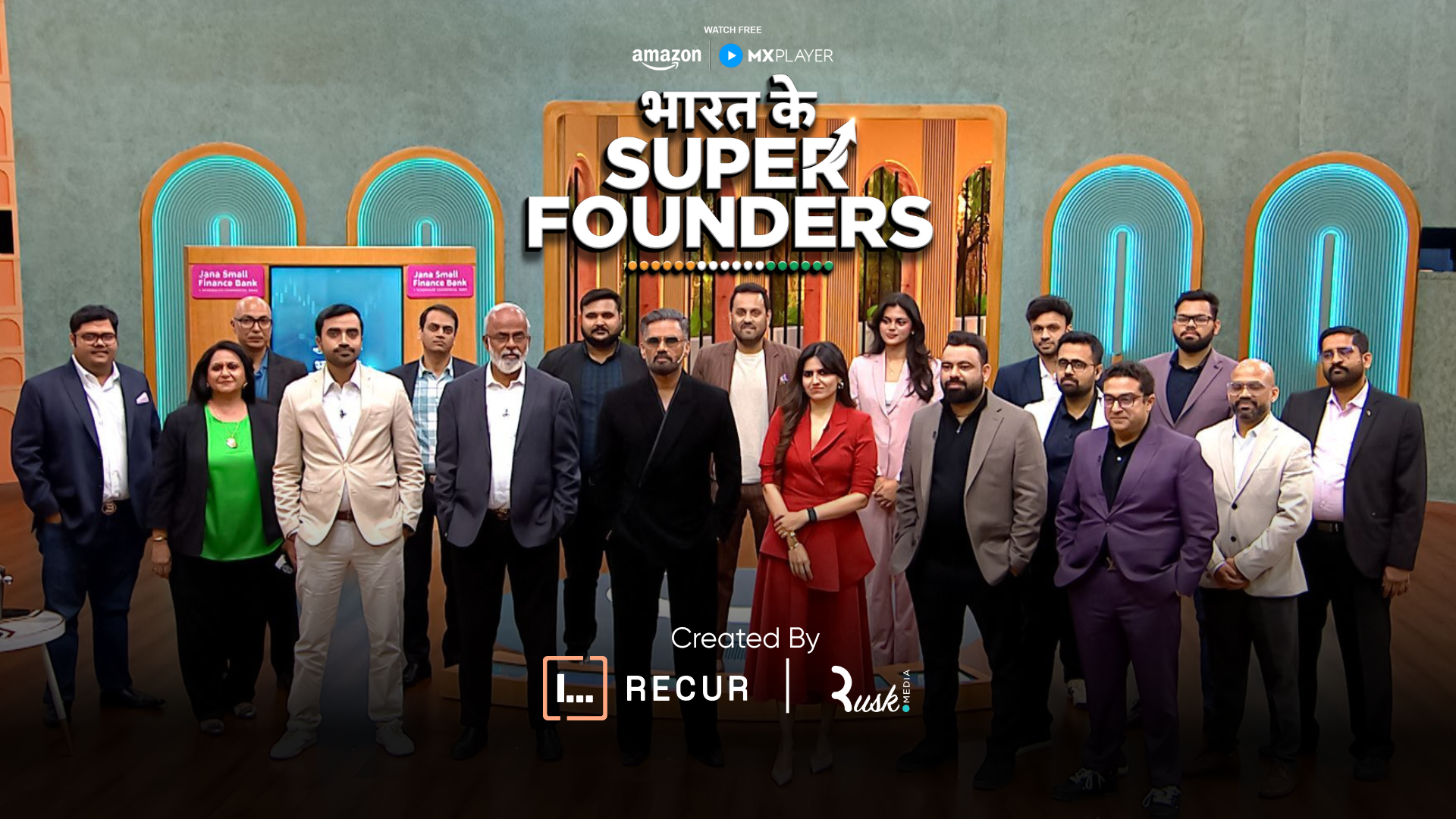Convertible Loan Agreement for Startups: How to Raise Capital Without Dilution

Are you a startup founder struggling to find the right financing without giving up too much control? What if you could raise the capital you need now and avoid diluting your ownership immediately?
A convertible loan might be the key. It allows you to secure funding while postponing decisions on valuation and equity, so you can focus on growing your business. Wouldn’t it be better to have more time and flexibility before bringing in investors?
Read on to understand how convertible loans can give your startup the financial boost it needs without the immediate pressure of equity dilution.
What is a Convertible Loan?
A convertible loan agreement is a short-term debt instrument where investors provide capital to a startup, with the loan amount converting into equity at a later financing round, typically at a discounted rate.
This mechanism allows startups to delay valuation discussions and potential equity dilution until they are better positioned.
Also read: Venture Debt vs Convertible Debt: A Comparative Guide
Key Components of Convertible Loans
- Principal Amount: The initial sum invested, which will later convert into equity.
- Interest Rate: The cost of borrowing, accruing until conversion or maturity.
- Maturity Date: The deadline by which the loan must convert to equity or be repaid.
- Discount Rate: Offers early investors a reduced price per share compared to new investors in subsequent funding rounds.
- Valuation Cap: Sets a maximum company valuation for conversion, protecting investors from excessive dilution if the company's value surges.
Example: If your startup later raises funding at a $10M valuation, but the CLA has a valuation cap of $5M, early investors convert at the lower valuation, gaining more equity.
Advantages of Convertible Loans for Startups
- Swift Capital Access: CLAs expedite funding, crucial for seizing timely business opportunities.
- Simplified Agreements: These loans often entail straightforward terms, reducing negotiation time and legal complexities.
- Deferred Equity Conversion: Founders can postpone ownership dilution until the company achieves a more favorable valuation.
- Cost-Effective Structuring: Lower legal and administrative expenses compared to traditional equity financing rounds.
Considerations and Potential Challenges
- Valuation Risks: Without a current company valuation, founders might face unexpected dilution if the company's value increases significantly before conversion.
- Investor Influence: Lenders may have limited involvement in the company's strategic decisions, as their primary interest lies in the financial return.
Also read: Does Your Company Have the Right Capital Mix?
Convertible Loan vs. Equity Financing

Steps to Secure Funding Through Convertible Loans
- Step 1: Register with Relevant Authorities: Ensure compliance by registering with entities like the Department for Promotion of Industry and Internal Trade (DPIIT) in India.
- Step 2: Understand Regulatory Framework: Familiarize yourself with guidelines governing convertible loans, including minimum investment thresholds and eligibility criteria.
- Step 3: Prepare Necessary Documentation: Compile essential documents such as board resolutions and shareholder agreements for regulatory submissions.
- Step 4: Negotiate Terms with Investors: Discuss and finalize terms like interest rates, maturity dates, and conversion specifics to align with both parties' expectations.
- Step 5: Finalize Agreements and Receive Funding: Once terms are agreed upon, execute the convertible loan agreement and receive the capital to fuel your startup's growth.
Conclusion
Convertible loan agreements offer startups flexible financing with deferred equity dilution, making them ideal for early-stage growth.
How Recur Club Facilitates Your Funding Journey?
At Recur Club, we make securing funding easy with:
- Access to 100+ Lenders: Apply once and connect with multiple lenders offering convertible loans and more.
- Tailored Financing: Match with lenders offering terms suited to your startup's needs.
- Expert Support: Get clear, actionable guidance to navigate your financing options.
Ready to secure the right funding?
Apply Now! and connect with the right lenders today!
Get Expert Advice to explore financing options tailored for your business.


.png)


